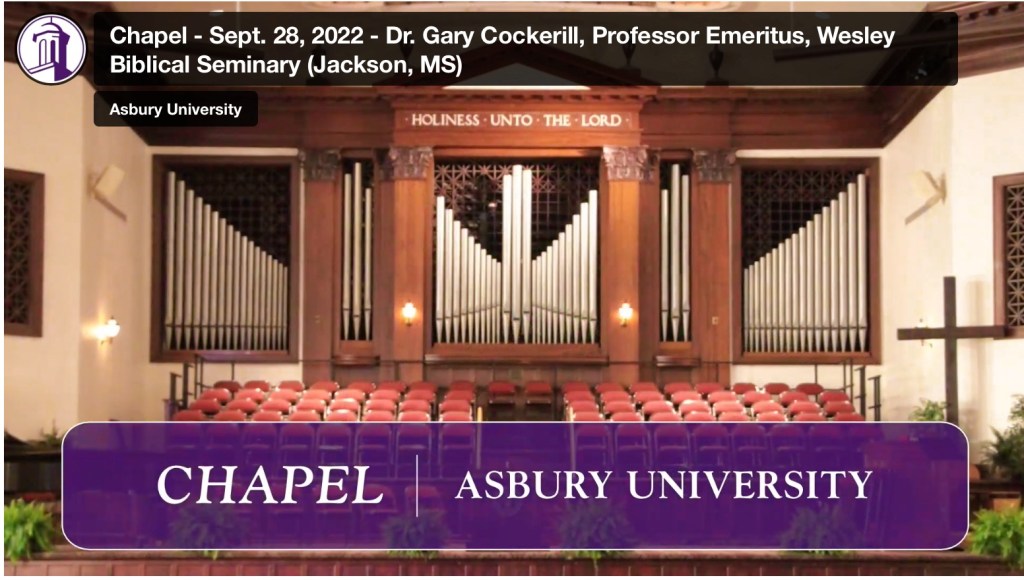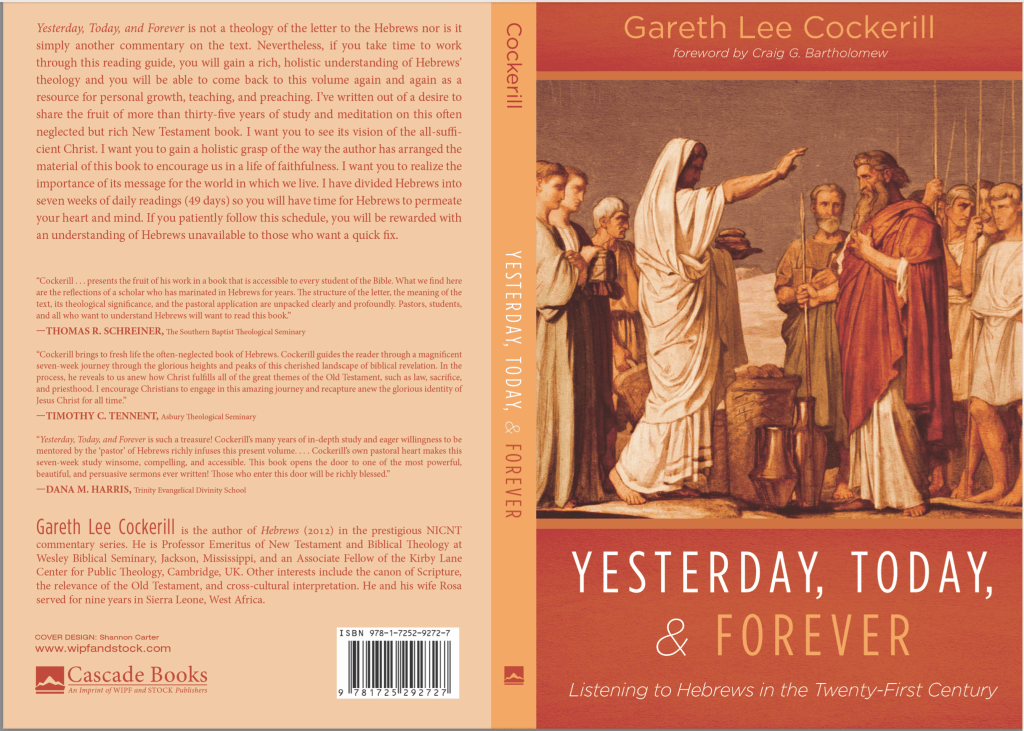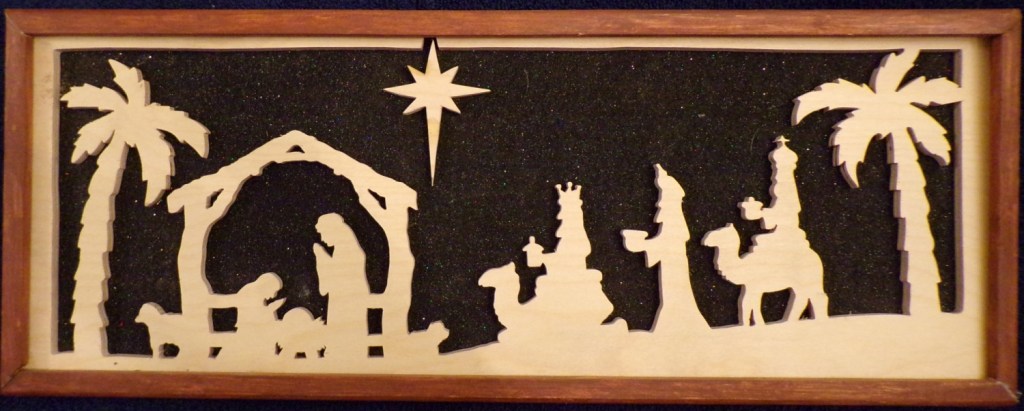“Buy truth, and do not sell it” (Prov 23:23). When I hear this proverb, two questions come to mind: “Is there anything more important than the truth?” “Am I living in the truth?” How easy it is to justify our own opinions and actions by perverting the truth. We embrace delusion out of perceived self-interest oblivious to the fact that such behavior is always self-defeating. The destructive power of such delusions is multiplied when they are shared with and reinforced by a group. Furthermore, we can always find something online to support what we want to believe. It is so easy to choose what I want to believe rather than to seek for the truth.
The burden of proof is the responsibility of those who make such a claim. What kind of proof could substantiate this accusation?
First of all, the perpetual, ceaseless, loud insistence that the election was stolen is no proof. “Thou dost protest too much.” One way to convince people of a lie is to repeat it loudly, confidently, and publicly. Such behavior should always raise the suspicion of thinking people.
Furthermore, YouTube videos and random statements online do not constitute evidence unless they are vetted in a court of law. Otherwise, they come under the category of hearsay and gossip. The internet is filled with fake videos.
Our freedom is based on the rule of law. Thus, if there had been evidence that the election was stolen, it should have been presented in court and evaluated in accordance with the laws of the United States. There is no reason to believe that Trump would not have received a fair hearing in the courts. The Supreme Court was (and is) dominated by Trump appointees. He had appointed many judges to lower courts. His party controlled the Senate which might have been another venue for legal review. Yet his legal team never presented anything like convincing evidence in any court. His own attorney general said that there was no evidence of corruption sufficient to change the results of the election. To continue to insist that the election was stolen without presenting such evidence is indeed to lie. M. Scott Peck describes this kind of behavior well: “the malignantly narcissistic insist upon ‘affirmation independent of all findings.’” (People of the Lie, p. 80, quoting Martin Buber, Good and Evil, p. 136, emphases added).
This lie has become a corrupting influence pervading everything that this administration does and compromising its integrity. The President repeats this lie in his speeches. He even reiterated his claim that the election had been stolen in his recent speech at the National Prayer Breakfast. Furthermore, he insists that everyone who is part of his administration affirm this lie.
So, what is the bottom line?
First, Trump has set himself up as the determiner of truth. Truth is not based on evidence. Truth is what Trump says it is.
Second, his demand that everyone must affirm this lie exposes the absolute loyalty that he demands of his followers.
My friends, the biblical definition of an anti-Christ is one who comes with deceit and demands for himself the loyalty that belongs to Christ alone! I urge my Trump-devoted friends who profess Christ to return to their first love. Remember, it is Jesus alone who can say: “I am the way, the truth, and the life” (John 14:6). He also said, “you will know the truth, and the truth will set you free” (John 8:32). “Buy truth, and do not sell it.”







